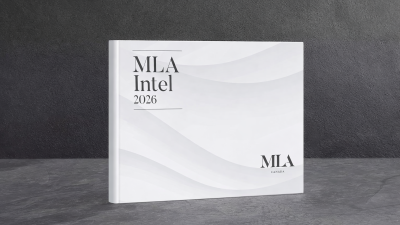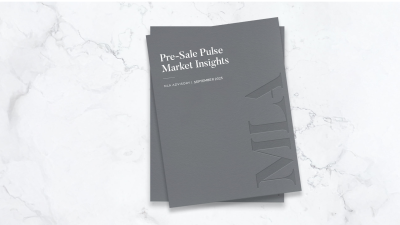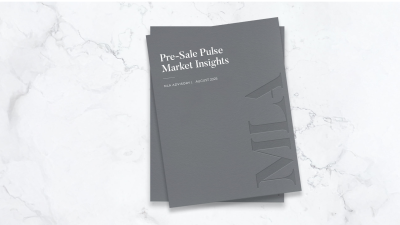It’s a common sentiment that Vancouver’s housing market is one of the least affordable in the world. However, each year many new homeowners are able to make their homeownership dreams a reality.
So how do they achieve what so many are unable to?
Before I touch on some logistical topics which can help make buying a reality, it is important for all of us to understand the reality of our city. Metro-Vancouver is still one of the best places on the planet to live and therefore we will continue to see new residents move to the city. So what constitutes as “housing” in the best city in the world? In Metro-Vancouver, where land is limited similar to areas such as Manhattan and San Francisco, it means higher density than that of Winnipeg or Edmonton. By living in this city, we are choosing our parks as our backyard, our cafes as our living room, and the city around us as our rec-room which is different than in other cities in the country. Therefore, our views on housing and what’s acceptable also needs to be different.
So once you decide that home ownership is for you (any type of home ownership), there are a few resources which can help you. Firstly, record low interest rates and banks competing for mortgage business have assisted in getting many buyers into the marketplace. Recently, a few of the major banks offered the lowest fixed rates in history – just 2.99% for 5 years. With the rates expected to remain low for the foreseeable future, the cost of borrowing for your new home is cheaper than ever. However, it’s important to be realistic with what you can afford, because if the rates do start to increase, you want to make sure you can still afford to make your payments.
The large down-payments required can also deter many would-be homebuyers. It’s tough to save even 5% for a deposit let alone 20%. Again, there a few options for those looking to get into the housing market that can assist with the down-payment portion. RRSP contributions can be withdrawn tax-free to be used for the purchase of a home, as well as preauthorized withdrawals that transfer the funds into a high interest savings account. The gift of money is always nice, and if you happen to find yourself the recipient, why not tuck some away for your new home? If family help or investing with friends is an option, this too can be a great way to come up with the funds required.
Buying pre-sale construction is one way to get in the market should you have a down-payment saved, as you do not need to come up with the balance of funds right away (just make sure to get prequalified so you know what you can afford). It allows you to stagger your payments over time based on the deposit structure outlined in the contract, and save additional funds for your closing costs over the period of a year or more. Be sure to ask if there is any flexibility in the deposit structure as well, some developers do have negotiating room in terms of the amount of the deposit their banks require from them.
Start with what you can afford, start small, pay down the mortgage and build your equity over time until you can afford your dream home. In many cases, the mortgage payment can be less than you would be paying for rent on the same property. Another option is to purchase in a neighbourhood where you can afford, and then rent that property out in order to build equity. Remember, just because you choose to purchase a home doesn’t mean that you need to live in it (although there are some tax benefits to doing so).
The key idea is to become active in the market, build equity so that eventually you can make your dream home a reality.
Cameron McNeill



